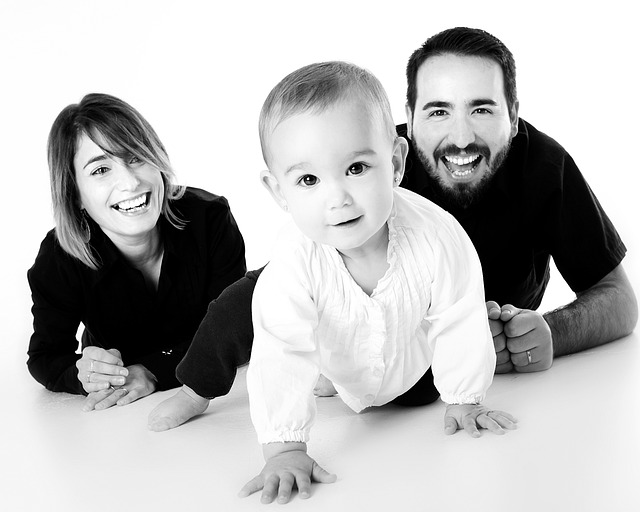Multnomah County, Oregon's child advocacy system offers a holistic approach to protect and support children in DHS welfare cases. This involves integrating professionals for immediate safety, providing a safe space for child testimonies, prioritizing best interests, and ensuring legal rights are communicated effectively. A collaborative effort between advocates, community resources, and evidence-based practices strengthens family defenses while fostering healing and stability.
In Multnomah County, Oregon, understanding the intricate web of child welfare systems is paramount when defending families facing Department of Human Services (DHS) cases. This article delves into the vital strategies and legal protections in place to safeguard family rights within this complex landscape. By exploring Multnomah County’s child advocacy systems, we aim to equip professionals with knowledge to effectively defend and support families, ensuring their voices are heard and interests protected throughout the process.
- Understanding Multnomah County Child Advocacy Systems
- Legal Protections for Families in DHS Cases
- Effective Strategies to Defend and Support Families
Understanding Multnomah County Child Advocacy Systems

In Multnomah County, Oregon, understanding the Child Advocacy System is paramount when defending families involved in Department of Homeland Security (DHS) child welfare cases. This system, designed to protect and support children who have experienced trauma, includes a network of professionals such as law enforcement, social workers, medical examiners, and therapists working collaboratively under one roof. The Multnomah County Child Advocacy Center provides a safe environment where children can share their stories in a child-friendly setting, minimizing retraumatization often associated with legal proceedings.
The system prioritizes the best interests of the child, focusing on both immediate safety and long-term well-being. By coordinating services and ensuring a holistic approach to each case, Multnomah County strives to foster healing and stability for children and their families. Understanding this complex yet integrated framework is crucial for effective legal representation in DHS child welfare cases, where collaboration and communication among various agencies play a pivotal role in achieving positive outcomes for vulnerable families.
Legal Protections for Families in DHS Cases

In Multnomah County child welfare cases handled by the Department of Homeland Security (DHS), families face a complex legal landscape. However, several protections are in place to safeguard their rights and ensure fair treatment. These include the right to legal counsel, allowing families to understand and assert their legal options throughout the process. Parents or guardians have the opportunity to challenge any removal decisions, provide evidence of suitable living arrangements, and seek independent representation if needed.
Additionally, Multnomah County child advocacy groups play a crucial role in offering support and advocating for families’ best interests. These organizations ensure that legal protections are communicated effectively and assist families in navigating the system. This collaborative approach aims to protect the rights of all involved while prioritizing the well-being of children within DHS custody.
Effective Strategies to Defend and Support Families

In the complex landscape of DHS child welfare cases, effectively defending and supporting families requires a multifaceted approach. One key strategy is building strong relationships between family advocates and clients. At Multnomah County Child Advocacy, this involves creating safe spaces where parents feel heard, respected, and empowered to participate actively in their case plans. By fostering open communication, advocates can better understand the unique needs and challenges of each family, tailoring interventions for optimal impact.
Additionally, utilizing evidence-based practices plays a crucial role. These methods ensure that defenses are grounded in data and research, enhancing the credibility of arguments. For instance, focusing on strengthening parental skills and coping mechanisms through counseling or parent education programs can demonstrate to DHS that families are capable of providing safe and nurturing environments for their children. Collaborating with community resources and support networks further reinforces these efforts, offering comprehensive care that addresses both immediate concerns and long-term well-being.






